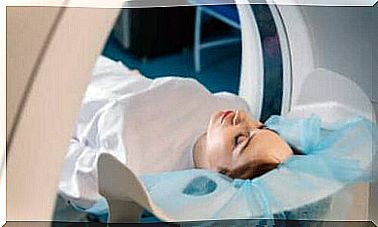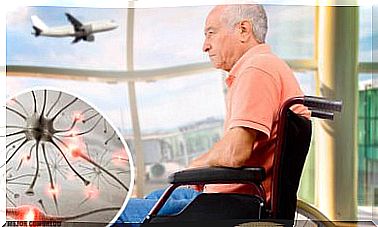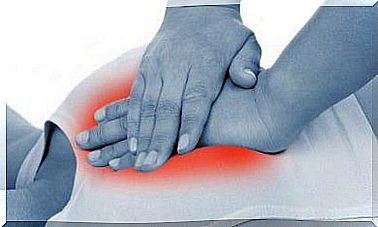Coronavirus Could Cause Strokes In Young Adults
Recent reports from New York have raised concerns that the coronavirus could cause strokes, especially in young adults. Cases have already been reported, and several hypotheses have been made.
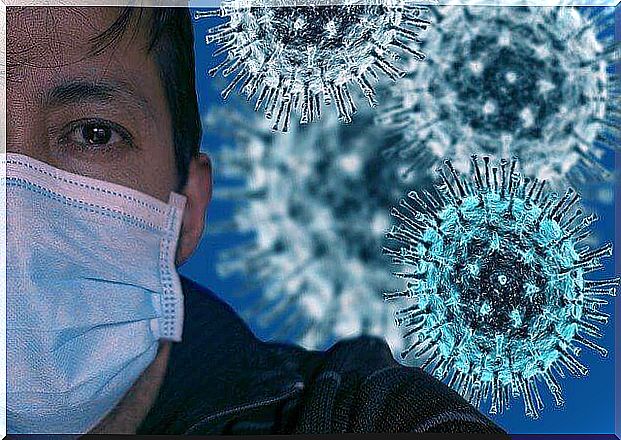
The COVID-19 pandemic began in Wuhan, China at the end of 2019. Today, it is now devastating the whole world. In this context, new data on the disease keep appearing. The health teams are more and more attentive to the demonstrations. And they seem to be discovering new side effects of the virus. Including the possibility of stroke.
In an article published in the Washington Post, American doctors report an increase in strokes, especially among young people infected with the coronavirus.
This is in addition to reports from China, where neurologists in Wuhan found that up to 36% of patients hospitalized with SARS-CoV-2 had some neurological symptoms. This denotes some substantive involvement related to the brain and neurons.
Theories on the increase in stroke in coronavirus patients focus on three possible mechanisms:
- The neurotropism of the virus, which can infect neurons and, as such, generate changes in the central nervous system that lead to neurological symptoms, compromising the brain
- The coagulopathies derived from infection by failures in platelets and clotting factors
- Cytokine shock is an abrupt reaction of the immune system as it struggles with infection. Has had side effects which include changes in blood clotting
Does the coronavirus infect the brain?
We know that the coronavirus primarily targets lung cells and alveoli. It enters them through the ACE2 protein, which functions as a receptor for their surface spicules.
But since these receptors are also found on other cells, researchers suspect that SARS-CoV-2 may enter other tissues, just as it does in the lungs.
When it comes to neurons, the entry is not fully scientifically proven by trials, but like the kidneys, patients’ symptoms point in this direction.
The presence of strokes in young people with coronavirus could be included in the list of symptoms and neurological disorders recorded in patients. We should of course include anosmia. Indeed, there is little doubt that it is an initial neurological sign in asymptomatic people.

Coronavirus strokes and coagulation failures
Reports less than a week old show that there are cases where patients with COVID-19 have failures in their coagulation system. These failures relate to coagulopathies and the detection of anti-phospholipid antibodies.
When a person has these failures, regardless of their underlying disease, they are at high risk of infecting one of their vital organs. You may have a receptor or a stroke, for example.
The possibility of a stroke in coronavirus patients, even if they are young, is not far off. Despite a strong immune system, there is little that a 30- or 40-year-old adult can do to stop a coagulation cascade from occurring in their blood.
Remember that strokes can be of two types: ischemic and hemorrhagic.
In the first type, the blood vessels become blocked with clots and an area of the brain ceases to be supplied with water. In the latter, a vessel ruptures, the result being similar to the previous one.
Cytokine shock
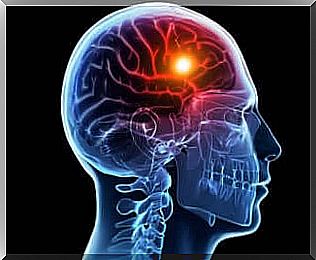
Cytokine shock is a term used in medicine to refer to a common process in patients with sepsis. These are people who have a widespread infection in their body, as well as an uncontrolled response of the immune system.
Cytokines are substances used by the human immune system to communicate. Defense cells make these cytokines to send a message to other cells further away, or to activate proteins and receptors. If this medium overproduces messages due to a powerful infection, it leads to enormous inflammatory activation.
The cytokine storm is severe and difficult to control with medication. It is closely linked to fatal cases of COVID-19. And much of the research done to find drugs points to cytokine inhibitors.
In a cytokine shock scenario, neurological damage and stroke are possible due to the coronavirus. Even if you are young, if cytokine shock occurs, your body is not able to stop it easily.
Should Young People Be Worried About Coronavirus Strokes?
The concern is with early detection. Doctors who spoke with the Washington Post said many of them consulted late because they didn’t want to go to centers and catch the coronavirus. The problem was that they were already infected.
If you have symptoms that correspond to a stroke, you cannot delay your visit. In case of severe headaches, changes in vision, tingling and paralysis of the face or half of the limbs, emergency services should be notified.

